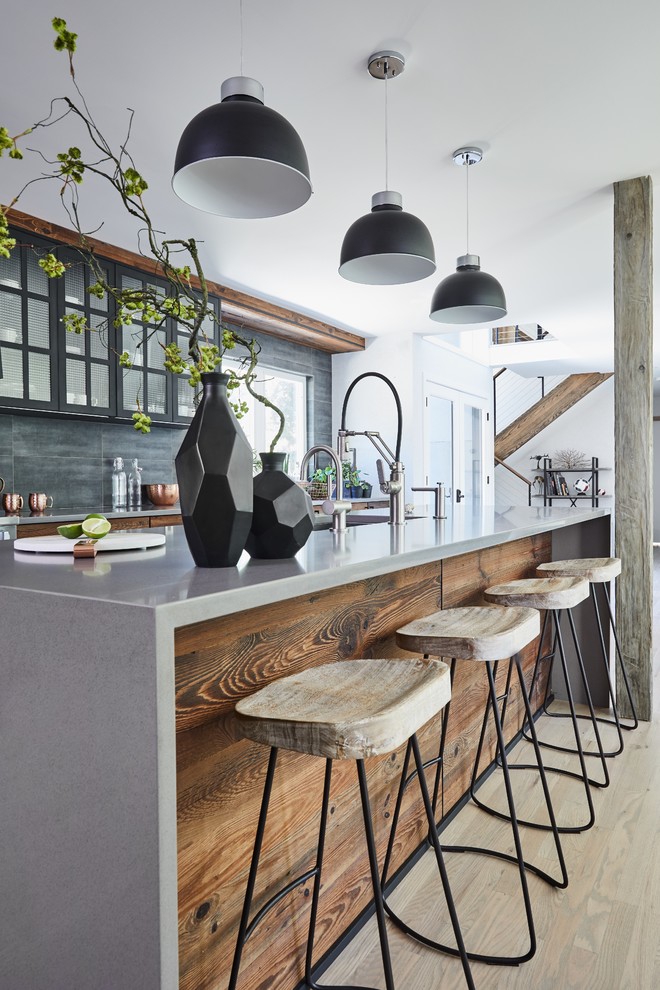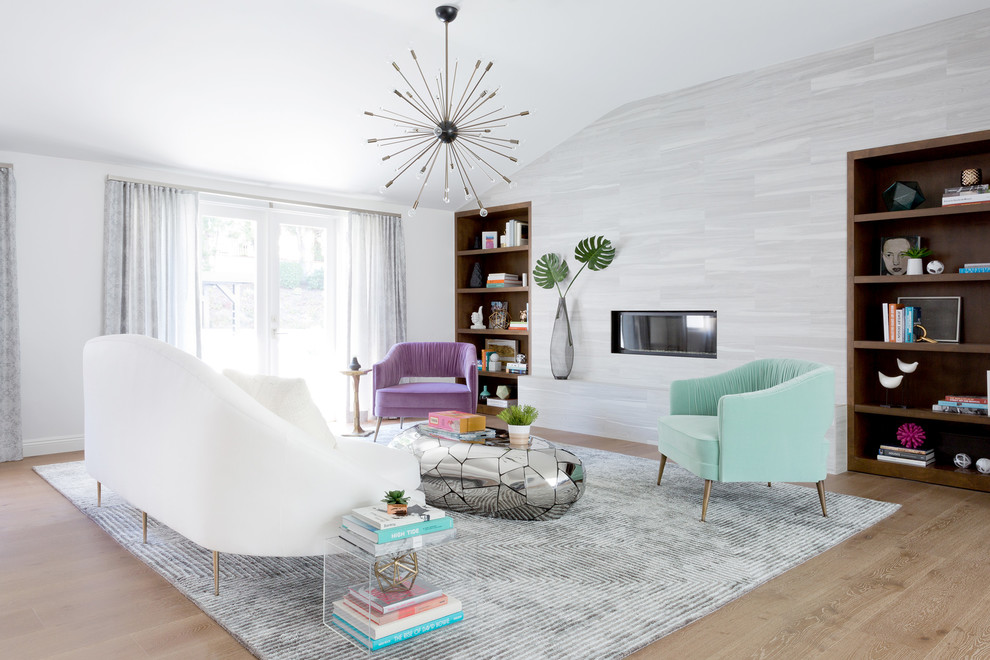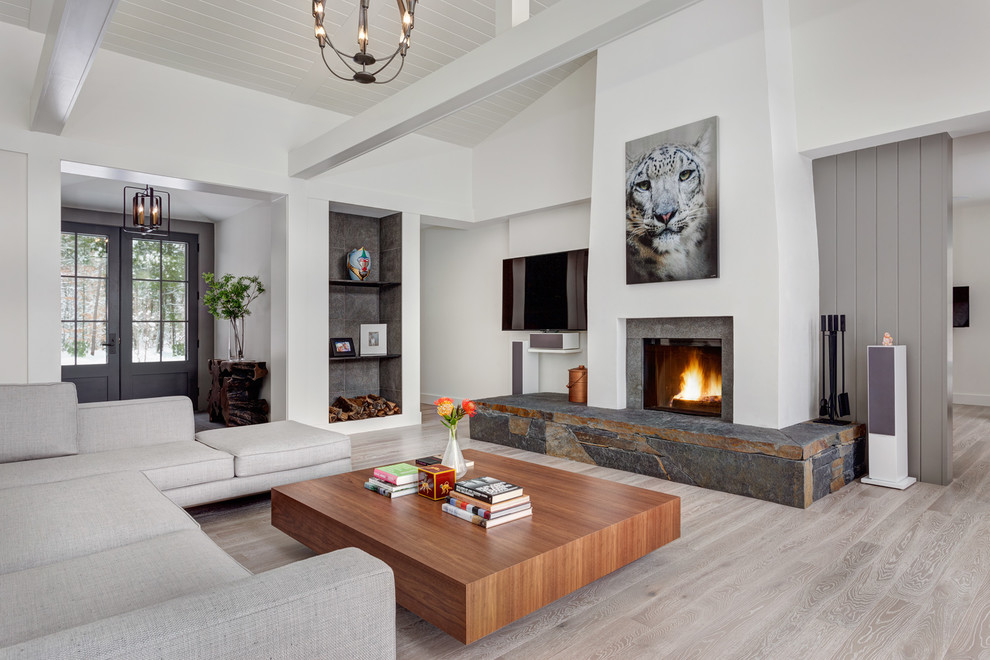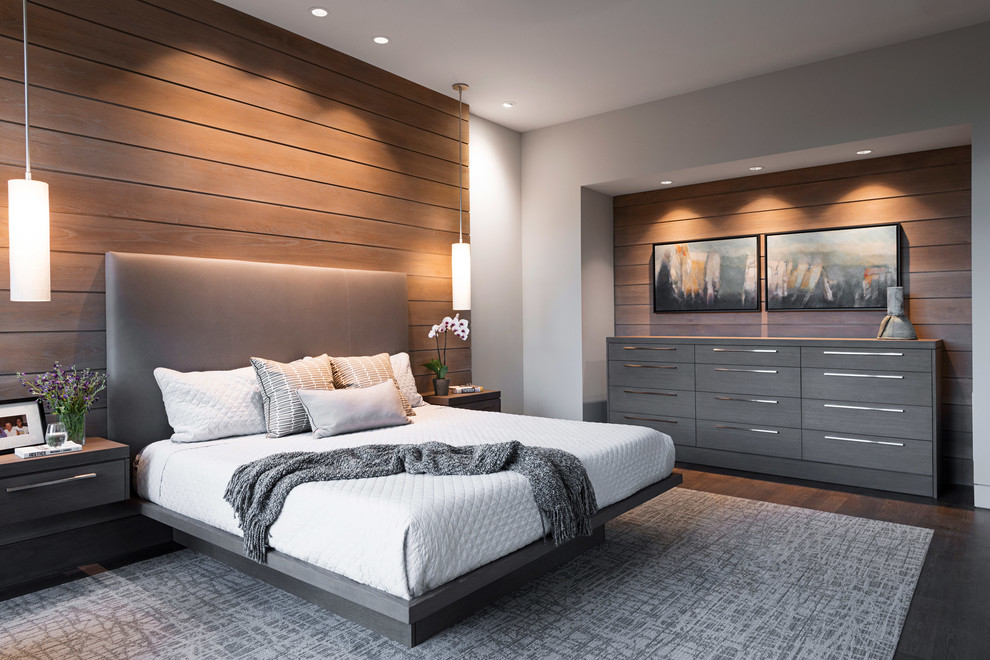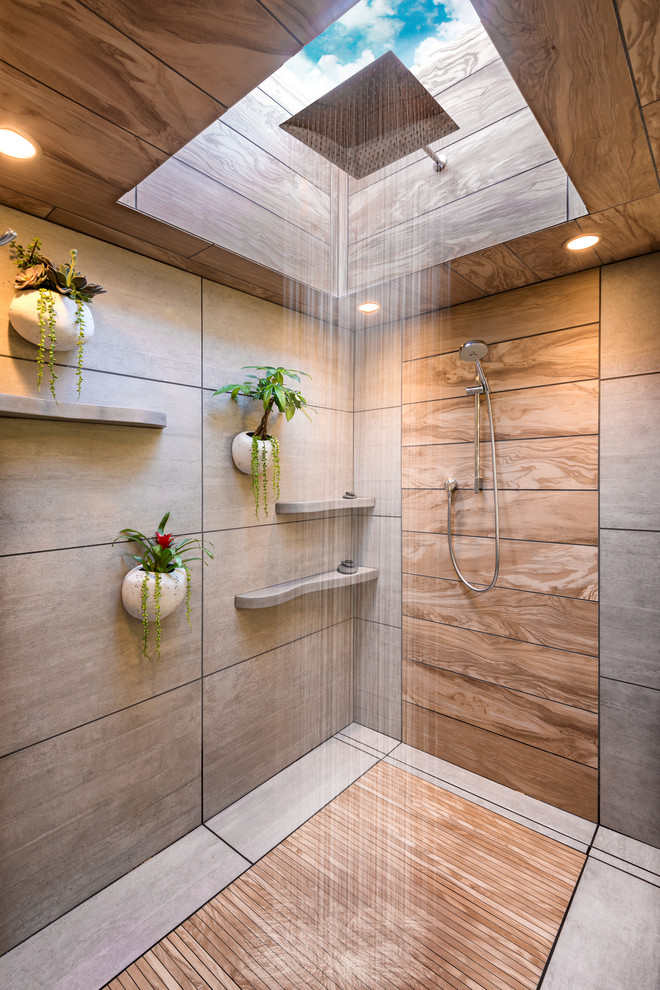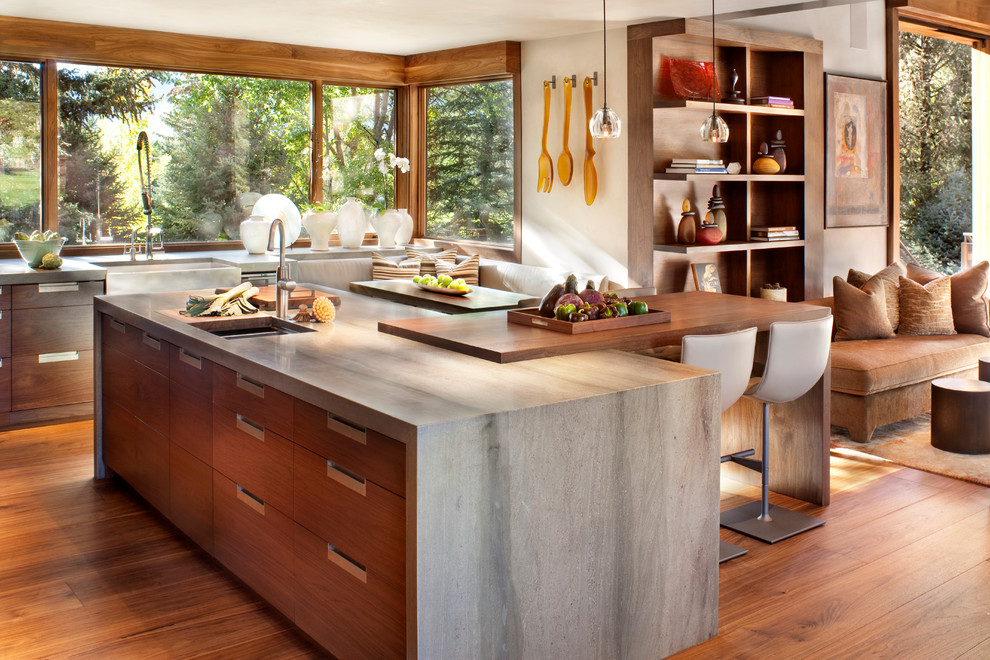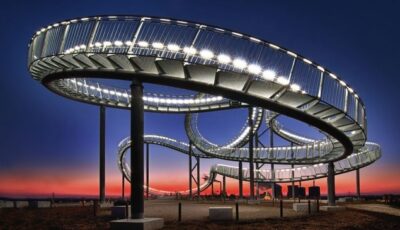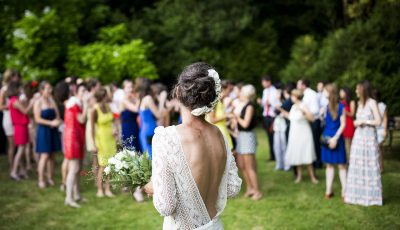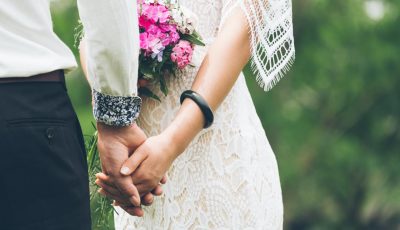11 Modern Home Interior Photography Tips
Interior designing is an essential way to improve the inside part of a house. It is both an art and science. It is believed that aside from beautifying homes with spotless designs in maximizing space, it also improves the quality of lives of the occupants. Once art and science mix, interior decoration will be at its finest.
When it comes to a photographer’s point of view, interior designing and decorations are important to him. It is one of the ways by which the chances of having great sales will become high. Also, creating a worthy interior photography for modern homes is very crucial for real estate listings.
Real estate photography is very much different as to how interior photography is done. Expectations are high when you work with interior designers because you need to allot more time and energy to all the processes that are not often done in the old-fashioned interior photography. Interior photography for modern homes requires great attention to details because it demands greater rates.
Photo by Cornerstone Architects
The end-product of interior photography is to create photographs that will catch the eyes of potential buyers, real estate agents, interior designers and as well as your fellow photographers.
11 Modern Home Interior Photography Tips
Lights Out
Perhaps you will be asking why the lights should be turned off. Although this technique can be of personal choice, turning off the lights during interior photo shoot is a cardinal rule. When lights are turned off, it gives the natural feel of the surrounding. Because of the having light temperature when lights are off, it can give better photo output.
Further, distractions are avoided because shadows are eliminated. Since shadows are not generated, ordinary elements of interior designs are always present.
Avoid Wide Photos
Interior photographs do not really follow the normal wide-angled lens shots as what is commonly done in outdoor real estate photography. Interior photography, to make it stand out, must always adhere to tighter compositions. Indoor photographs, as always, largely depend on the available space. Because of this you need not to use wider than 24mm or, you can use tighter lens like 50mm to lessen distortion.
Composition of Interior Photography is Vital
Composition is the backbone of interior photography. It is the guide of every aspiring and skilled interior photographer. From balance, to color up to depths, proper photograph composition is the artful way of lifting up the photos to new heights. To guide you on how to learn more about interior photography composition, you need to continue adding more composition tools to your arsenal. In the end, you can never imagine how you created amazing photos using composition.
Depth Creation
The creation of depth accompanied with stylish objects, not to mention the proper way of placing the furniture is a dynamic way of modern home interior photography. This is great technique to maximize the space and have a luxurious feel of the room. This technique makes sure that your vision lands on the perfect area that you wanted to see.
Photo by Westlake Development Group, LLC
Lines Must Be Kept Straight
The vertical and horizontal lines in your photos must be kept in straight. Let the vertical lines remain vertical and horizontal lines horizontal. Using a tripod complete with bubble levels makes it easier to maintain straight lines.
Photo by Debra Ackerbloom Interiors, LLC
Get Rid of Clutters
Interior photography is carefully planned. It is very important to remove all the unnecessary wires scattered inside the room. These wires are after all not part of decoration for your photo shoot. You may also opt to remove switches and electrical outlets Photoshop. As a photographer, you need to maintain the realness of the surroundings.
Make Space Spacious
One of the most difficult areas that make an interior photographer’s life is the lack of space. You can easily move furniture from one place to another just to create a better space that fits your style. If there are objects that you think will damage the beauty of the area, remove it.
Photo by Kyle Hunt & Partners, Incorporated
Plan Ahead of Time
Before you shoot your interior photographs, what should you do? Planning ahead of time is a big piece of the puzzle in making fruitful time with your clients. There should always be an open communication between the two parties. For this reason, you will know what to do once photo shooting starts.
Photo by Samsel Architects
Make a Collaborative Relationship with Clients
This is commonly known as tethering. You need to make sure that your client is open to communicate with you, that is, he is open for collaboration. Tethering your laptop makes you display the photos in real time. With this technique, it allows your clients to see the photos and make comments on them. This helps you create and optimize the style what your client wants, or this minimizes how many photos needed editing.
Photo by Mantis Design + Build, LLC
Vignettes and Details Show Personality
In interior photography, vignettes and details tell stories of the property. They expound on the kind of personality of the interior part of the property. Furthermore, it tells perfectly the kind of lifestyle previous occupants had thus, the property will tell this kind of story.
Make the Look as Natural Looking as Possible
One of the numerous goals of every interior photographer is to make the property look natural. Although one of the tips mentioned here told us to prevent putting light on to avoid shadows, there are still instances where you really need to use light. But make sure that you use natural light as much as possible. When, for no particular reason, that the use of artificial light is unavoidable, diffuse it to adjust the illumination to make the property look more natural.
Photo by Associates III Interior Design
Edit Every Picture
Editing software like Photoshop is a must for every photographer. To get the best results possible, enhance your photos using such software. Raw pictures when edited look entirely different from edited ones. There are failed angles from the unedited photos that can be created amazingly once you use editing software.


